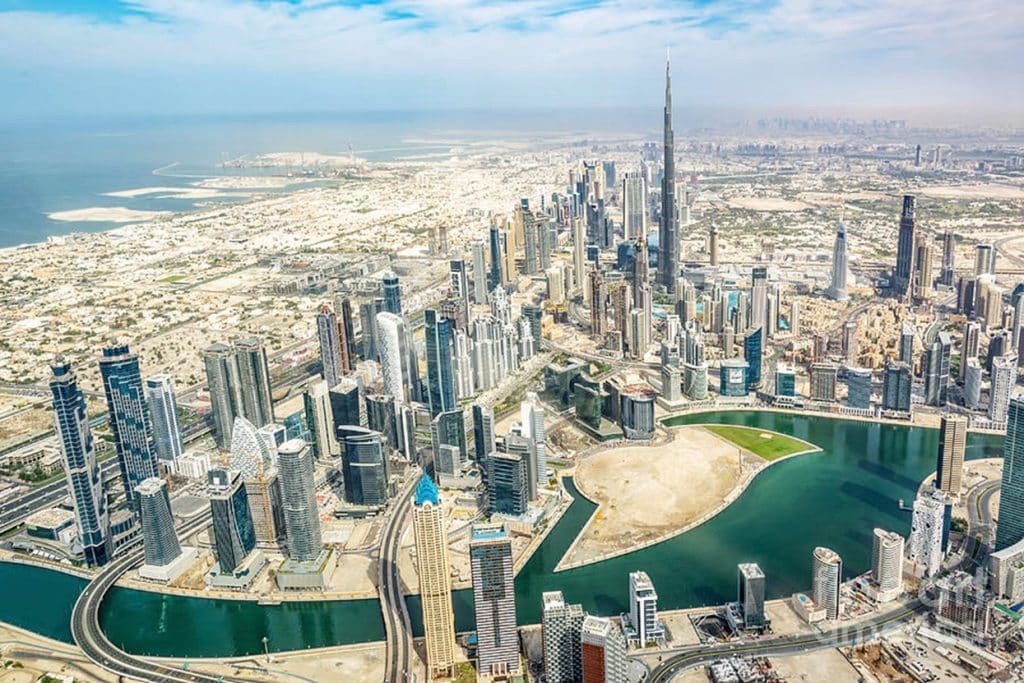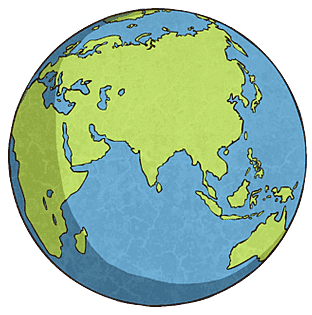Tim Marshall writes, ‘The land on which we live has always shaped us. It has shaped the wars, the power, politics and social development of the peoples that now inhabit nearly every part of the earth. Geography is clearly a fundamental part of ‘why’ as well as the ‘what’.
When it comes to understanding how places and landscapes have steered human societies, cultures and economies, geography should be studied by anyone who strives to understand how people and places are so interconnected today that they drive today’s rapidly globalising world and its challenges.
Geography is not always easy to define or encapsulate. It is the academic bridge between science and the humanities. Geography empowers us to explore the human and scientific challenges and opportunities facing the modern world today.
Our rich curriculum includes:
- At Forest you will study many of the physical and social processes that happen across places, recognise the differences in cultures, economies, landscapes, and environments across the world, and you will explore the complex links between them.
- As such, Geography courses at Forest will enable you to study how they will affect you and provide you with valuable, transferable skills that will prepare you for higher education and be a credible employment candidate.
GCSE and A-level Overview
The Cambridge IGCSE in Geography qualification enables students to:
Develop a deep interest and curiosity in current World affairs, problem-solving, handling and interpreting data which will include the following: statistics/GIS/image analysis/graphicacy/analysis/evaluation/justification/decision-making. The IGCSE course is excellent choice for students who enjoy challenging themselves, and; are open to learn new analytical skills across a range of progressive and contemporary areas of study. It will provide a stimulating two years which look at up-to-date issues across a broad range of the world’s regions and landscapes.
The Cambridge International A level qualification enables students to:
Build upon the Geographical knowledge and skills you began to master at GCSE honing your skills of identifying and evaluating causal factors across the physical and human worlds and empowering you to make reasoned and informed conclusions that can be expertly justified and exemplified. It is academically challenging and these skills and awareness of the dynamic world of today are highly sought after by universities and your future employers.
Assessment at GCSE and A-level
IGCSE – three examinations, no coursework.
- Paper 1 Geographical Themes (1 hour 45 minutes): 45%
- Paper 2 Geographical Skills (1 hour 30 minutes): 27.5%
- Paper 4 Alternative to Coursework based on a Residential Fieldwork visit (1 hour 30 minutes): 27.5%
International A level – four examinations, no coursework.
- Paper 1 Core Physical – 1Hydrology and Fluvial Geomorphology, 2Atmosphere and weather, 3Rocks and weathering (1 hour 30 minutes): 25%
- Paper 2 Core Human – 1Population, 2Migration, 3Settlement Dynamics (1 hour 30 minutes): 25%
- Paper 3 Advanced Physical – 1Hazardous environments + 2Coastal Environments (1 hour 30 minutes): 25%
- Paper 4 Advanced Human – 1Global Interdependence + 2Economic Transition (1 hour 30 minutes): 25%
How can Geography change the world?
Sir John Scarlett KCMG OBE former Chief of the UK Secret Intelligence Service wrote that, ‘decisions and events, international conflicts and civil wars, can only be understood by taking full account of the hopes, fears and preconceptions formed by history and how these in turn are driven by the physical surroundings – the Geography – in which individuals, societies and countries have developed’. And Tim Marshall maintains that:
‘…Geography, and the history of how nations have established themselves within that geography remains crucial to our understanding of the world today and our future’.
Surely, there is no other subject that draws together so many components of our lives to show us how we can understand it better and become better. If you wish to develop skills and knowledge that will prepare you well to find your place in the modern world, including university and the global job market, this is the subject for you.



